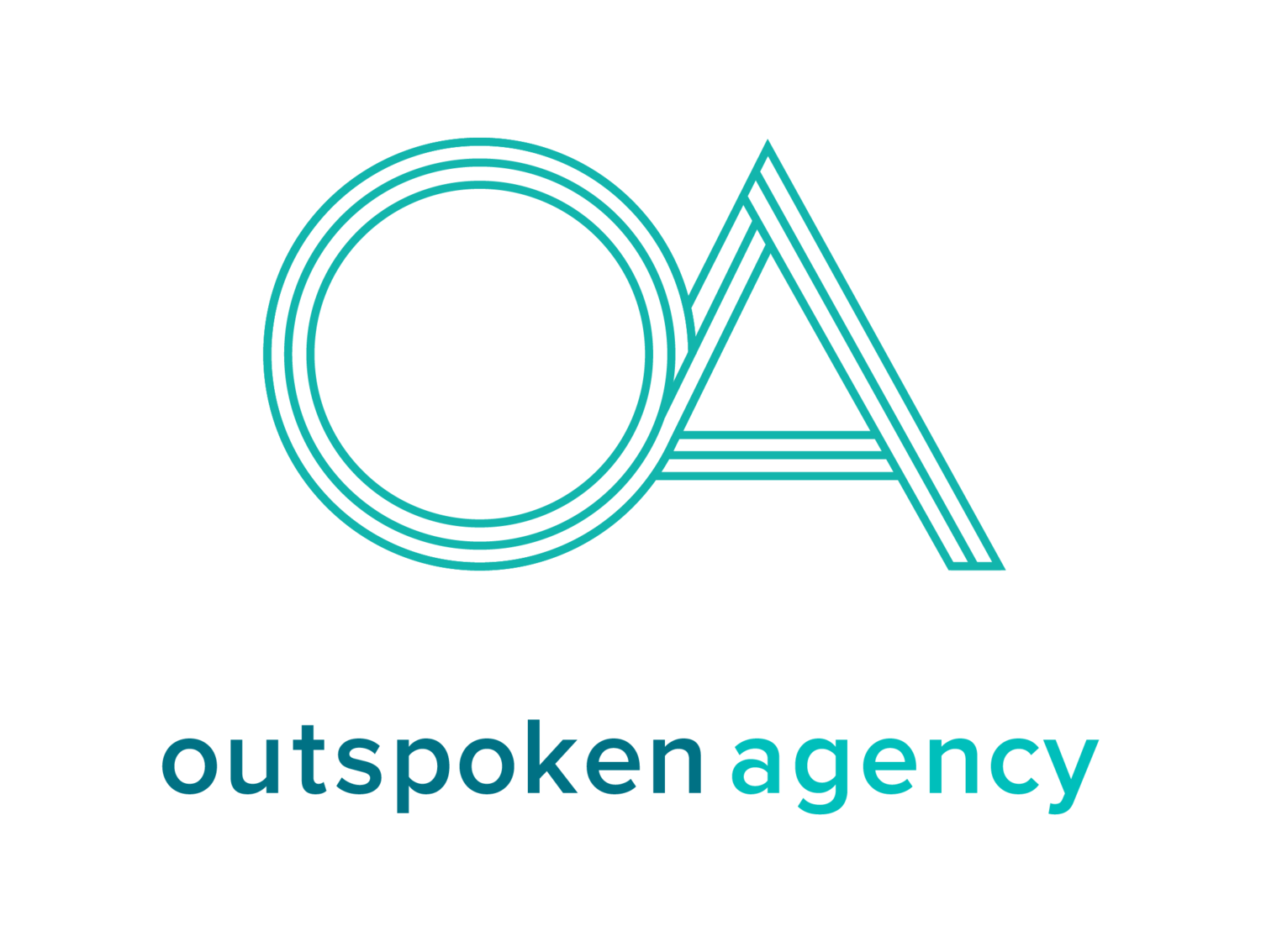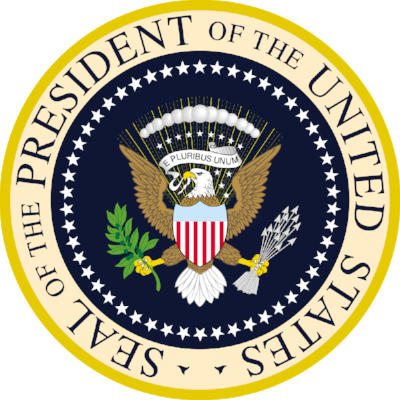Taboo Talks: Why we still need to push for diversity in storytelling
/When we challenged some of our speakers to tackle this, it became overwhelmingly apparent that this topic can still be so far beyond taboo if not presented with a full explanation and context that it required us to check ourselves and rethink the conversation as a whole. Diversity in speaker programming is STILL a problem in 2017, but some cannot seem to make movement with changing this. This is not a topic to create inclusiveness if it just becomes tokenism, but rather reiterating the recurrence that public intellectuals, specifically in the speaking industry, are not chosen based on their merits and their performances alone. If they were, there would be more diversity inherently in every event program and those labeled as a minority would be paid comparably for their expertise and work.
When you run through a schedule at a large conference or event, you'll most likely find a program that has a roster comprised mostly of white, male speakers, some of whom can be easily identifiable by name, but cannot relate to the audience as a whole. If the audience cannot see their problems, their hopes, their hard work, or themselves representative within the programming that was provided to them year after year, why would we expect them to return in the future? The continued need for diversity is the need to swallow a pill of do better. Because those people are already around you and their voices are still not represented.
It is hard to talk about diversifying things involving race or class or gender or sexual orientation or religion or anything else if we don't understand it. So who is better to talk about it and encourage it and work through it than those experiencing it? Please read below with an open mind from some of our speakers who share how we can combat this issue together.
Deesha Dyer {Former Special Assistant to the President and White House Social Secretary, Obama Administration; Creative Event & Strategy Expert}:
"Being a black woman, I learned early the value of bringing in collective voices when implementing an idea or planning an event, because often it was my gender and race that were excluded from important conversations. When I became the Social Secretary for President and Mrs. Obama, I set out to always make sure we had them around the table when building the foundation of any program or event. It’s more than smart business, it’s just the right and natural thing to do. When we were thinking up the event for the final Obama Pride reception in June 2016, I worked closely with the President’s LGBTQ liaison on every step. But sadly as a society overall, we just aren’t there yet. Diversity has become a trend. The problem is that trends come and go. We throw the word around but often companies and organizations don't want to do the real work that comes with diversifying their executive or senior level team. If the leadership of your organization or event does not reflect your audience, consumers or customers, you have a serious problem. Diversity for diversity’s sake is a wasted effort. So when you go in to thinking of how to diversify your company or project, check your ego at the door and be ready to share space at the table. It's necessary and also the humane thing to do."
Amelia Rose Earhart {Around-the-world Pilot and President of Fly with Amelia Foundation}:
"In STEM fields, standout females are still unicorns. The media glorifies our accomplishments like a Ripley's Believe It Or Not! tale or prodigy teenage doctor, Doogie Houser. We often spend more time talking about what it's like to be a woman in STEM than we do talking about our expertise, specialty or contribution to our field. When hiring a female speaker, don't require that gender be the first thing that the audience remembers. Let her surprise you with her human experience and story. When choosing a speaker, try not to assume that the men you hire will inspire and educate everyone in the room, but the women will only inspire and educate the women, and maybe, possibly, on a rare chance a few of the open minded men. Try being a little more gender blind in programming. If your audience notes what they learned and how they felt at your event before they say, "the speaker was a woman," you've helped us all move a little closer toward being able to do our jobs and make your events memorable. Putting it in simple terms, when I fly an airplane, it doesn't know if a man or a woman is at the controls, but it absolutely knows the difference between a smooth touchdown and a crash landing. Let your audience remember the landing, rather than if their pilot was a man or a woman."
Luvvie Ajayi {New York Times Best-selling Author; Pop-Culture Critic}:
[Excerpted from an AwesomelyLuvvie.com blog] "In the tech space and the conversation about all thinks geek and nerd and technology, Black women are MIA. We’re not included in it and it’s for multiple reasons. It’s because we don’t fit the mold of “tech” when folks think about it. It’s also because we don’t see ourselves as part of that community too. And what that means is that we’re left out of the growing field of startups and we’re not benefiting from any of the growth or the wealth that is coming from it. AND WE NEED TO BE."
We'd like to leave you with some parting words from Luvvie's book, I'm Judging You, because, well, we're judging you and we're here to help you create a well-rounded, diverse, merits-based choice and commitment to appropriately program your future events. Play some BINGO here at your next event or meeting in the meantime.
"If you have a microphone plugged into an amplifier, it is wrong for you not to sing. If you have been placed in a sphere of influence, I believe that it is wrong for you not to use it to better the world. If you do not feel like it is your duty to leave this place better than you found it, then you're taking everything around you for granted. Don't squander your social currency. Don't squander your wealth. And if some people stop supporting your work because you dared to do something about a shitty world, good riddance to bad things and assholes! Shirley Chisolm said 'Service to others is the rent you pay for your room here on earth.' Some of us are mad delinquent on this rent. We owe back pay, but that's okay. We just need to start now. We can start doing better any time we want."



